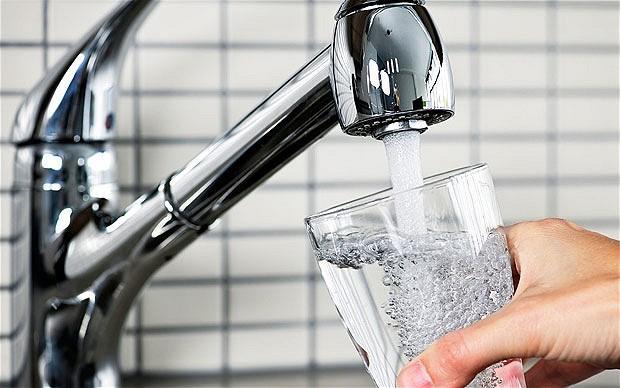A new study suggests that exposure to chemical used to chlorinate drinking water and kill crop pests
A new study suggests that exposure to chemical used to chlorinate drinking water and kill crop pests may increase the probability of developing a food allergy.The class of chemicals under scrutiny are the dichlorophenols. Dichlorophenols do not directly cause food allergies, but it is thought that by altering the population of microorganisms in the human body, it is sensitising the immune system’s reaction to food triggers.Most of us will know someone with a food allergy; with food allergies affecting between 6 and 8% of children in the US- a 20% increase in the last decade.If we look at previous generations however, the number decreases; with 1-3% of adults in the US with a food allergy. If we look further back in time again, food allergies were almost unheard of.Why is this?The whole mechanism behind this increase in susceptibility is accredited to what is known as the “The Hygiene Hypothesis”. This hypothesis essentially proposes that keeping our living environments too clean can actually backfire. It is suggested that a reduced exposure to bacteria and viruses can cause the immune system to react aggressively to other everyday allergens; like food. Dichlorophenols are antimicrobial agents, they are added to water to inhibit and kill any microorganisms that may be present. They are also used in pesticides. This means that by drinking water where dichlorophenols have been used or ingesting pesticides residues; we are taking an antimicrobial into our bodies. It is suggested that this may then reduce the population of the natural microorganisms within our bodies and sensitise our immune systems.Using data collected by the U.S. National Health and Nutrition Examination Survey (NHANES) in 2005 and 2006, the researchers looked at concentrations of a variety of dichlorophenols in the urine of more than 2,200 people, ages 6 and older. They also looked at blood-test results indicating allergies to peanuts, eggs, milk or shrimp. People with the highest levels of dichlorophenols were 80% more likely to have food allergies compared to people with the lowest levels. The research has been published in the journal Annals of Allergy, Asthma and Immunology.Of course this is the early stages of research and nothing can be written in stone quite yet. It is however a new line of research worth pursuing.A good message to take away from this is; often we can be “too clean”. We need, particularly children, to be exposed to a certain level of microbiological activity. Although there are some nasty microorganisms out there, for the most part, they are beneficial and live symbiotically with us. (I hope no-one sees this as scaremongering, not disinfecting our water supplies is far more dangerous than the implications of disinfection, and other disinfection methods are available.) -Jean More information:http://www.telegraph.co.uk/health/healthnews/9717546/Water-purifier-chemical-increases-food-allergy-risk.htmlhttp://www.sciencedaily.com/releases/2012/12/121203081621.htmWater treatment:http://www.excelwater.com/eng/b2c/about_8.php -- source link
Tumblr Blog : the-earth-story.com
#water#tap water#chlorine#allergy#allegies#science#health#immune system#pesticide#phenol
